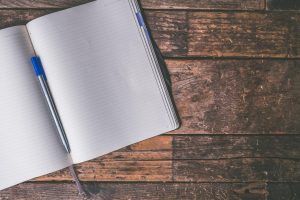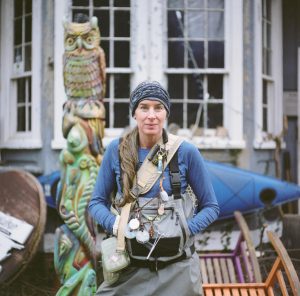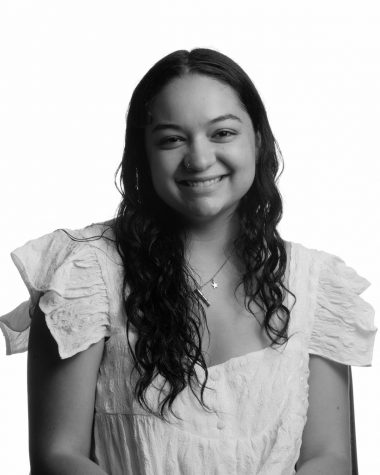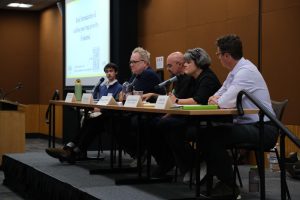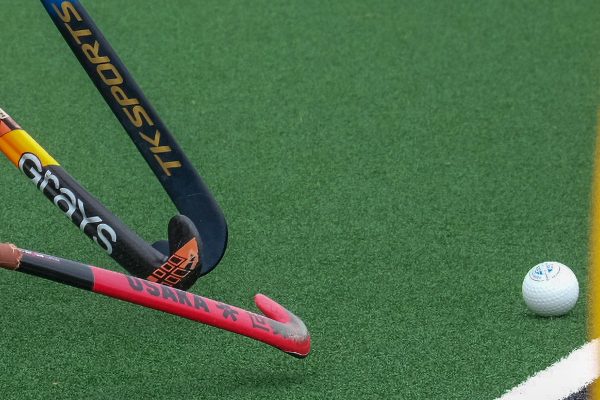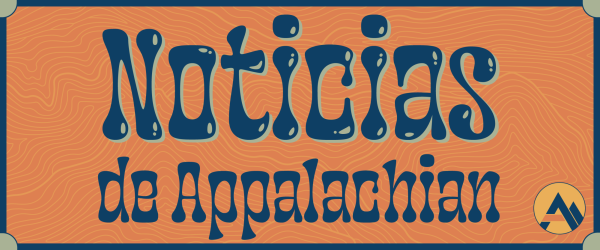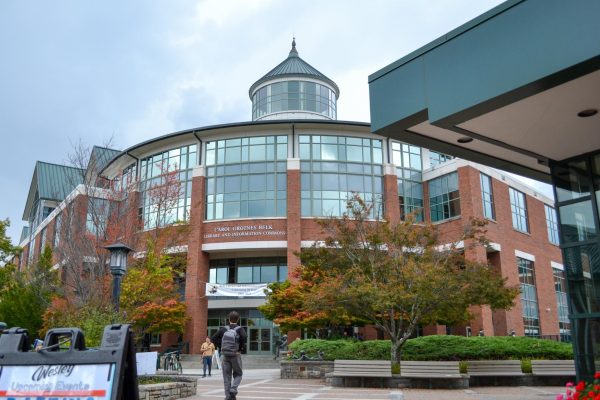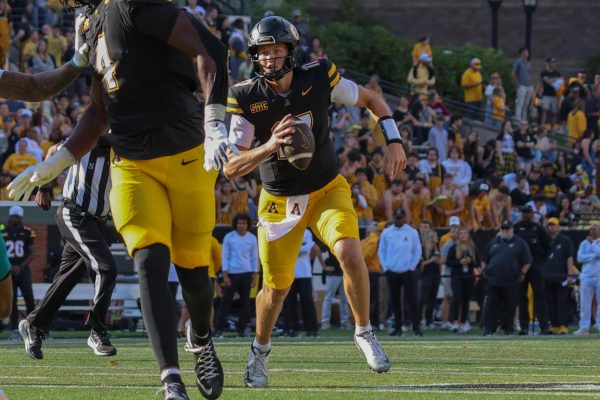A photoshoot over FaceTime: App State graduate featured in Vogue Mexico
July 15, 2020
From her friend’s apartment in Boone, Anidem Medina-Chavez modeled over FaceTime for the July 2020 issue of Vogue. July’s cover story celebrates the diversity of Latin American beauty.
In early June, Mexican photographer Dorian Ulises López Macías followed Medina-Chavez, the App State graduate, photographer and model, back on Instagram.
López Macías messaged Medina-Chavez and asked if she’d be willing to do a FaceTime photoshoot. At the time, he didn’t initially say that it was for Vogue.
“As the process kept developing I just kept it quiet, because I didn’t want to jinx it,” Medina-Chavez said. “But once I signed the contract with Conde Nast about pictures and stuff I was like ‘Okay this is definitely getting published somehow.”
Initially, Medina-Chavez said she tried to “hype herself down” and not get her hopes up about her magazine appearance.
“I didn’t want to get really excited and then see my tiny picture in a corner.”
To her surprise, Medina-Chavez was shown on the cover story.
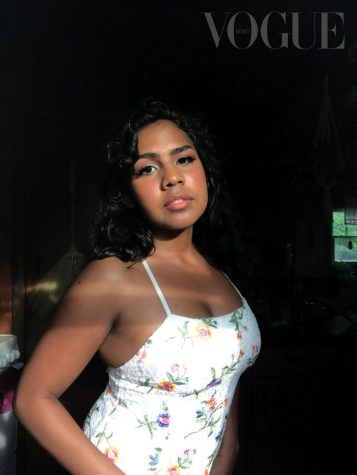
Fashion publications and campaigns have adjusted their work to abide by social distancing guidelines across the world. Photoshoots through FaceTime have become a new form of creation in the industry, where creative directors and photographers place models and take screenshots of the images they want to use.
All of the models in “Retratos a la distancia de la belleza latinoamericana al natural,” or “Portraits at a distance of natural Latin American beauty” live in different areas around the world, and come from diverse backgrounds. An Oaxacan model is featured as well as a transgender indigenous woman.
The cover story showcases the many features distinct to Latin American beauty.
“Dorian really is an advocate for inclusivity. A lot of his works do highlight women and queer communities and showing men even in feminine ways,” Medina-Chavez said. “Which sometimes in Latinx communities that’s looked down upon.”
According to mitú, Machismo culture is central to many Hispanic home teachings and upbringings. The attitude describes an exaggerated sense of masculine pride. López Macías challenges this idea in his work.
While Medina-Chavez prefers photography, she also is a film and art critic.
Spending time with her best friend, who recently graduated from UNC School of the Arts for film, opened her to the world of critiquing. The platform Letterboxd allows anyone to share opinions on films they watch.
The photoshoot took place at Medina-Chavez’s friend Ilyssa Pachao’s apartment. Pachao held the phone and took directions for placement from López Macías while Medina-Chavez modeled.
Pachao said the photoshoot was done at her apartment because López Macías and Medina-Chavez liked the way her space was decorated. Pachao said she was sweaty from contorting her body to get the right angles for the pictures combined with the adrenaline of knowing the shoot was for Vogue Mexico.
She described the experience as “cinematic” “magical” and special to share with Medina-Chavez.
“Afterwards we hung out and we kept on repeating ‘We’re going to be in Vogue Mexico’ and it made me feel so ecstatic,” Pachao said.
“Without (COVID-19) I wouldn’t have had this opportunity,” Medina-Chavez said. “No matter where you are in the world, someone is listening and watching. You don’t always know.”

